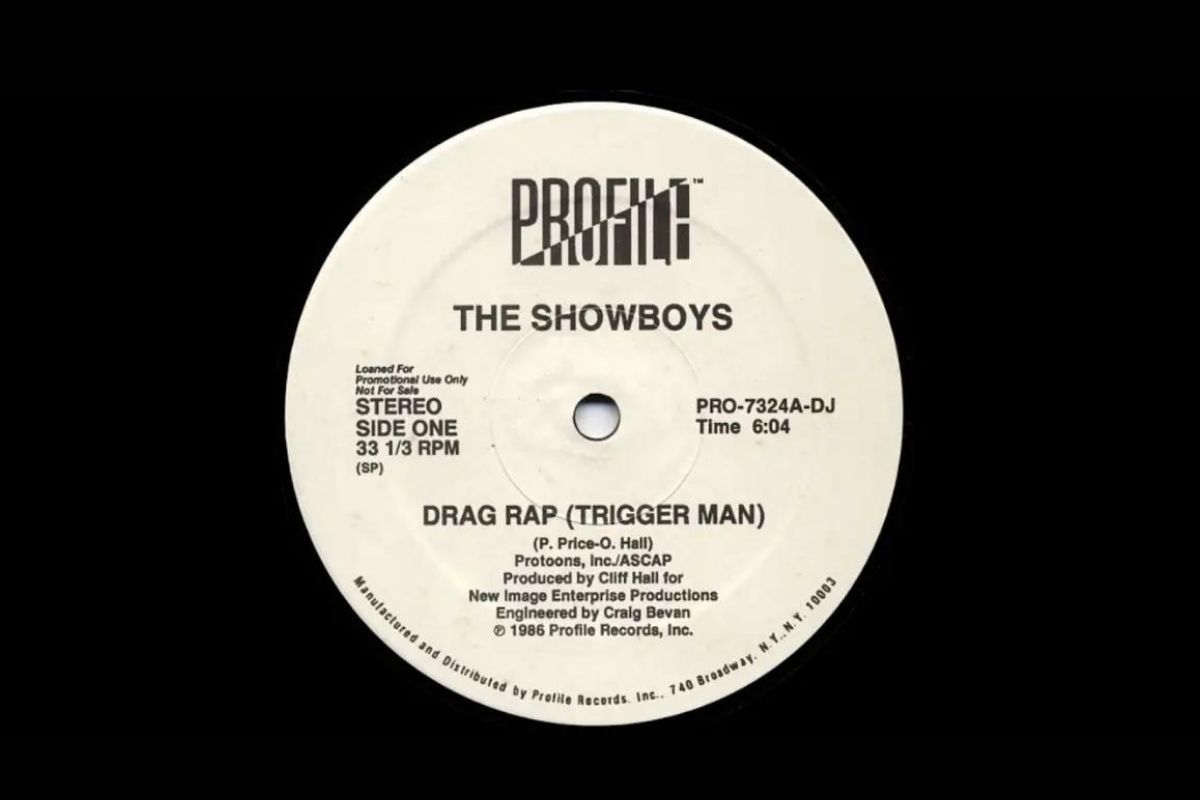The Showboys won a crucial legal battle over royalties against Profile Records and Protoons after a protracted fight dating back to the mid-1980s.
The dispute began in 1985 after Hip-Hop duo The Showboys, consisting of Orville “Bugs Can Can” Hall and Phil “Triggerman” Price, signed an exclusive recording and publishing agreement with Profile Records and Protoons.
This arrangement enabled the group to release hits like “Cold Frontin’,” “Drag Rap,” “That’s What I Want For Christmas,” and “The Ten Laws of Rap” between 1985 and 1987.
In particular, “Drag Rap” has remained popular since its release.
The song has been sampled in at least 175 different by various artists, including Three 6 Mafia, Lil Jon, Lil Wayne, T.I., Chris Brown, Gucci Mane, Megan Thee Stallion, Young Thug and Drake, who sampled the song in his smash hit “In My Feelings.”
Although the agreement ended in 1988, Protoons retained the rights to these compositions and received royalties.
In 2015, Protoons ceased royalty payments to the duo, alleging a breach of contract due to supposed copyright infringement in “Drag Rap.”
Protoons contended that The Showboys had used a nine-note segment from the “Dragnet” TV show theme without proper authorization.
The Showboys, with legal representation, rebutted Protoons’ accusations, arguing that Protoons failed to provide concrete proof of infringement, noting no third party had ever filed a complaint against “Drag Rap.”
A court review siding with The Showboys found Protoons’ claims unsubstantiated.
The legal team for The Showboys effectively dismantled Protoons’ assertions, emphasizing the uninterrupted profitability Protoons had enjoyed from the group’s music over the years.
The recent court decision granted summary judgment in favor of The Showboys on their breach-of-contract claim.
This ruling acknowledged that Hall and Price had met their contractual obligations while Protoons defaulted on royalty payments.
Additionally, the court dismissed Protoons’ counterclaims, which included accusations of violating the duty of good faith and fair dealing.
